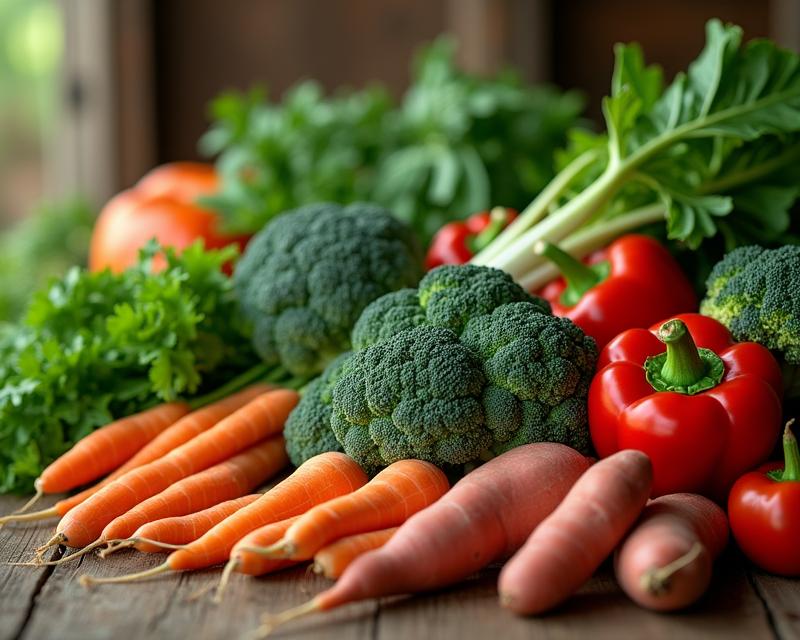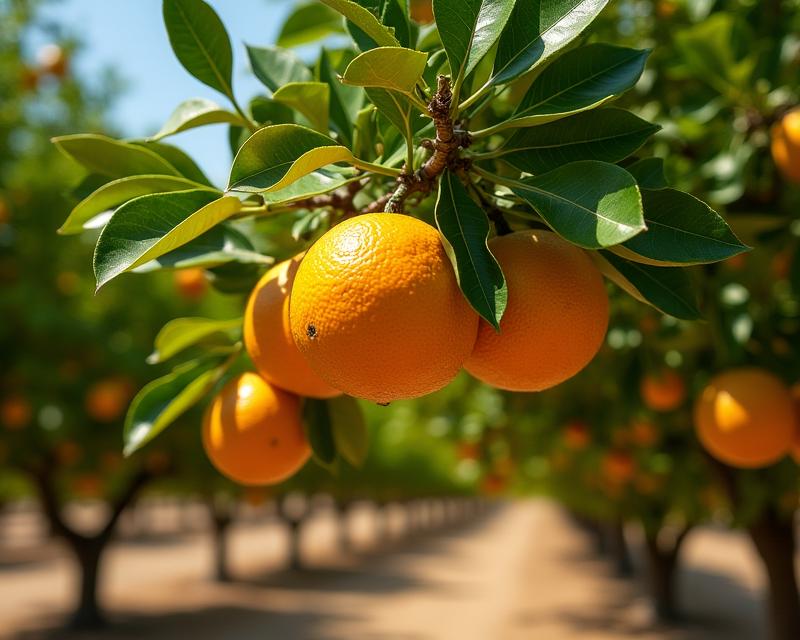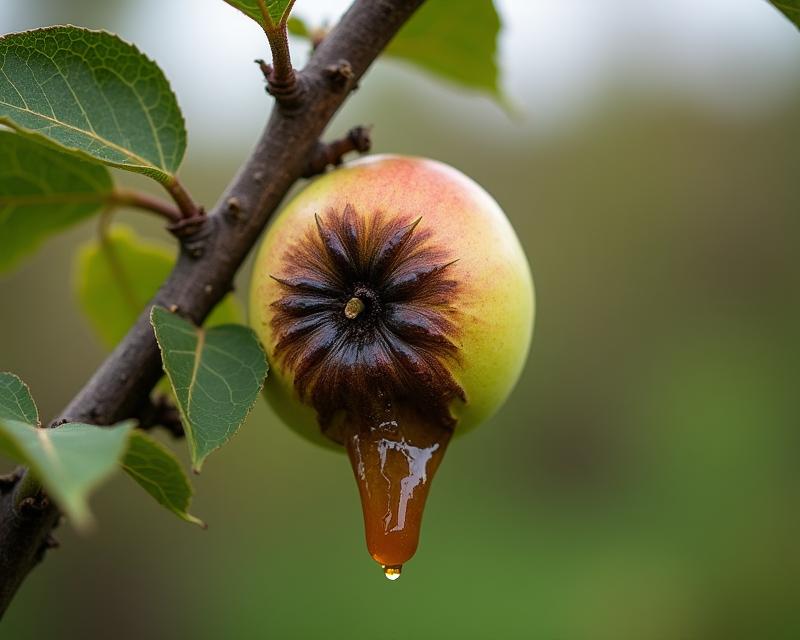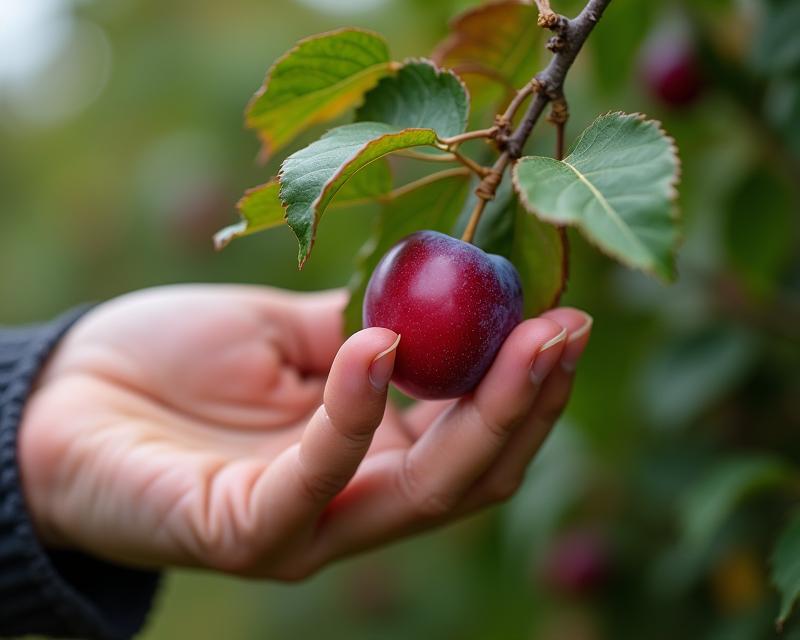Veggie Powerhouses: Fueling Farm Life!
Publish in Crops el 03/07/2025 17:16
Veggie Powerhouses: Fueling Farm Life!
Hey farmers and gardeners! You work hard to grow the best crops, and it's great to think about all the goodness packed inside. But have you ever stopped to consider the nutritional power of your vegetables? Beyond just feeding livestock or your family, understanding the nutritional value of your produce can be a real asset – both for your own health and for marketing your crops to health-conscious consumers.

Top Veggies for Nutrient Density
Let's dive into some veggie superstars! We'll rank them based on vitamins, minerals, and overall health benefits. Remember, this isn't an exhaustive list, but it gives you a great starting point. Keep in mind that nutrient levels can vary based on soil conditions, growing methods, and harvest time.
- Spinach: This leafy green is a powerhouse of vitamins A, C, and K, plus iron and folate. It's fantastic for boosting immunity and supporting healthy blood.
- Kale: Similar to spinach, kale is loaded with vitamins and antioxidants. It's also a great source of fiber, aiding digestion. Different varieties offer slightly different nutrient profiles, so explore!
- Sweet Potatoes: Packed with vitamin A (beta-carotene!), sweet potatoes are excellent for eye health and immune function. They also provide fiber and potassium.
- Broccoli: A cruciferous vegetable, broccoli is rich in vitamins C and K, fiber, and antioxidants. It's linked to reduced risk of certain cancers.
- Bell Peppers: Especially red bell peppers, are bursting with vitamin C – even more than oranges! They also provide vitamin A and antioxidants.
- Carrots: Known for their beta-carotene, carrots are vital for vision and immune health. They also offer fiber and potassium.
Why Does This Matter to You?
Understanding the nutritional content of your crops can open up new opportunities. You can highlight these benefits in your marketing materials, appealing to customers who prioritize healthy eating. Furthermore, knowing which vegetables are richest in certain nutrients can help you plan crop rotations to improve soil health and nutrient density. For example, certain cover crops can help increase the availability of key minerals in the soil, leading to more nutritious vegetables. Consider researching companion planting strategies that can boost the nutritional value of your crops.
Beyond the Basics
Don't forget about the importance of variety! Growing a diverse range of vegetables ensures a wider spectrum of nutrients for your customers and for your own well-being. Experiment with different heirloom varieties – they often boast superior flavor and nutrient profiles compared to commercially available options. By focusing on nutrient density, you're not just growing food; you're cultivating health and well-being. Happy farming!





